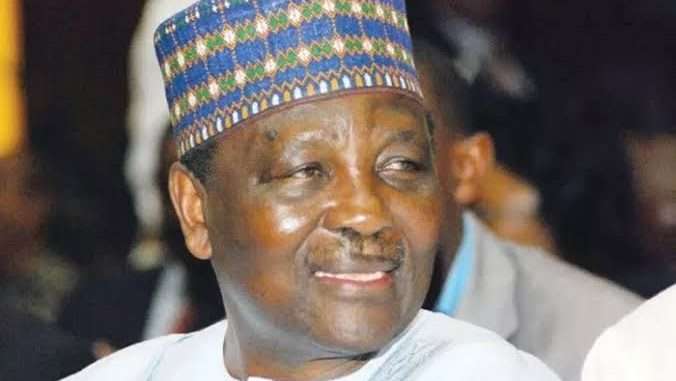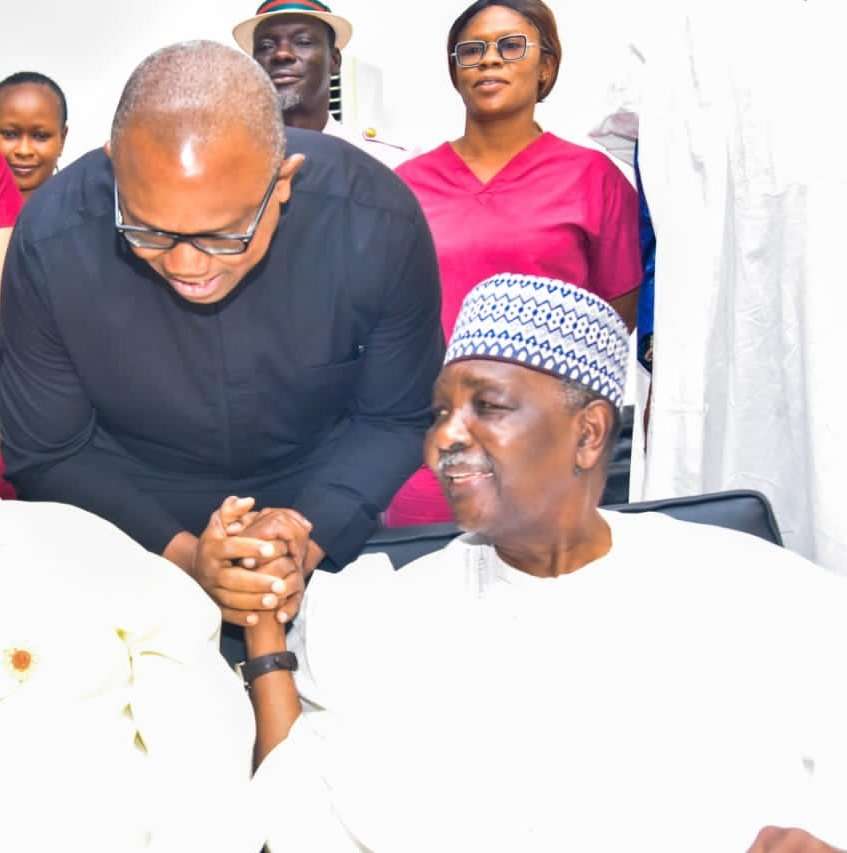
In a nation grappling with its deep historical scars, Peter Obi, the Labour Party’s presidential candidate in the 2023 elections, stirred conversation when he publicly celebrated former head of state General Yakubu Gowon on his 90th birthday.
Gowon, who led Nigeria during the Civil War (1967-1970), is remembered both for his leadership during that difficult time and for his post-war policies aimed at reconciliation.
Obi’s tribute was not universally accepted, as some questioned the appropriateness of honoring a figure associated with a conflict that caused immense suffering, especially in the southeast region where Obi enjoys significant support.
Nevertheless, many have interpreted Obi’s message as a call to move beyond the bitterness of the past, embracing a spirit of national unity.
Obi’s gesture, which emphasized Gowon’s role in preserving Nigeria’s unity and fostering post-war healing, reignited discussions on the importance of forgiveness and reconciliation in modern Nigeria.

In his tribute, Obi highlighted Gowon’s post-war initiatives, particularly his “Reconciliation, Rehabilitation, and Reconstruction” agenda, which sought to rebuild the nation after the civil conflict that threatened to divide it forever.
Gowon is credited with preventing further disintegration and restoring Nigeria’s fragile unity through dialogue and forgiveness.
This sentiment resonates today as the country faces ongoing regional and ethnic tensions.
Obi’s celebration of Gowon urges Nigerians to focus on the lessons of history and seek pathways that lead toward unity, rather than division.
Critics of Obi’s tribute argue that Gowon’s leadership during the war still evokes painful memories, especially in Igbo-speaking regions.
However, many others see the act as a symbol of national healing. Nigeria needs to move beyond hate and unnecessary rhetorics.
Obi’s tribute to Gowon serves as a reminder that the task of keeping Nigeria united—one of Gowon’s most famous rallying cries—remains as relevant as ever.
